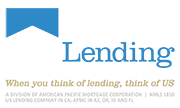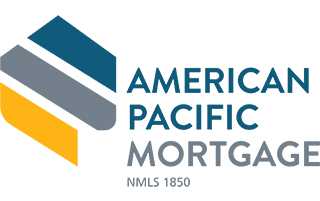Are You Looking To Invest In A Second Home?
Whether you are looking for a second home, an investment home to create an extra source of income, or a vacation home, you will need an appropriate loan to accomplish your goals. Depending on your situation, there are different loans to select from. Choosing the right one, with the best interest rates, and low costs are essential to making a great investment.
There are different ways that your down payment can be structured in order to give you a quick and beneficial return for your investment. Many people have even qualified for a down payment under 20%. Our team can help sift through the home investment loan options with you.
A Wide Range of Home Investment Loan Options
Investing in additional properties as a way to make money can be a smart business decision, especially when the property is located in an upward-trending real estate market.
However, not all people have the liquid assets to purchase investment property out of pocket. They will need to take out a loan to do so, and there are several loan options available to them.
The most common Home Investment Loan Type is the Conventional Loan
Because you can not use government programs for this type of loan, a conventional loan is an appropriate option.
The structure of your conventional loans can vary depending on your specific situation but there may be options to lower your down payment to under 20%.
Your credit rating will be one of the biggest factors that affect the interest rate that you get.
Home Investment Loan Rates
The interest rates on investment loans will vary based on numerous factors, including the borrower’s credit score, cash reserves, loan terms, and more.
Generally, interest rates on investment properties will be higher than those on houses being bought for use as a primary residence.
Although conventional lenders often quote investment loan rates as roughly 0.25 to 0.5 percent higher than their homeowner loans, it’s not uncommon for the rates to actually be between 1 and 3 percent higher.
For loan examples and more information visit our disclosure page at https://uslendingcompany.com/disclosures/





